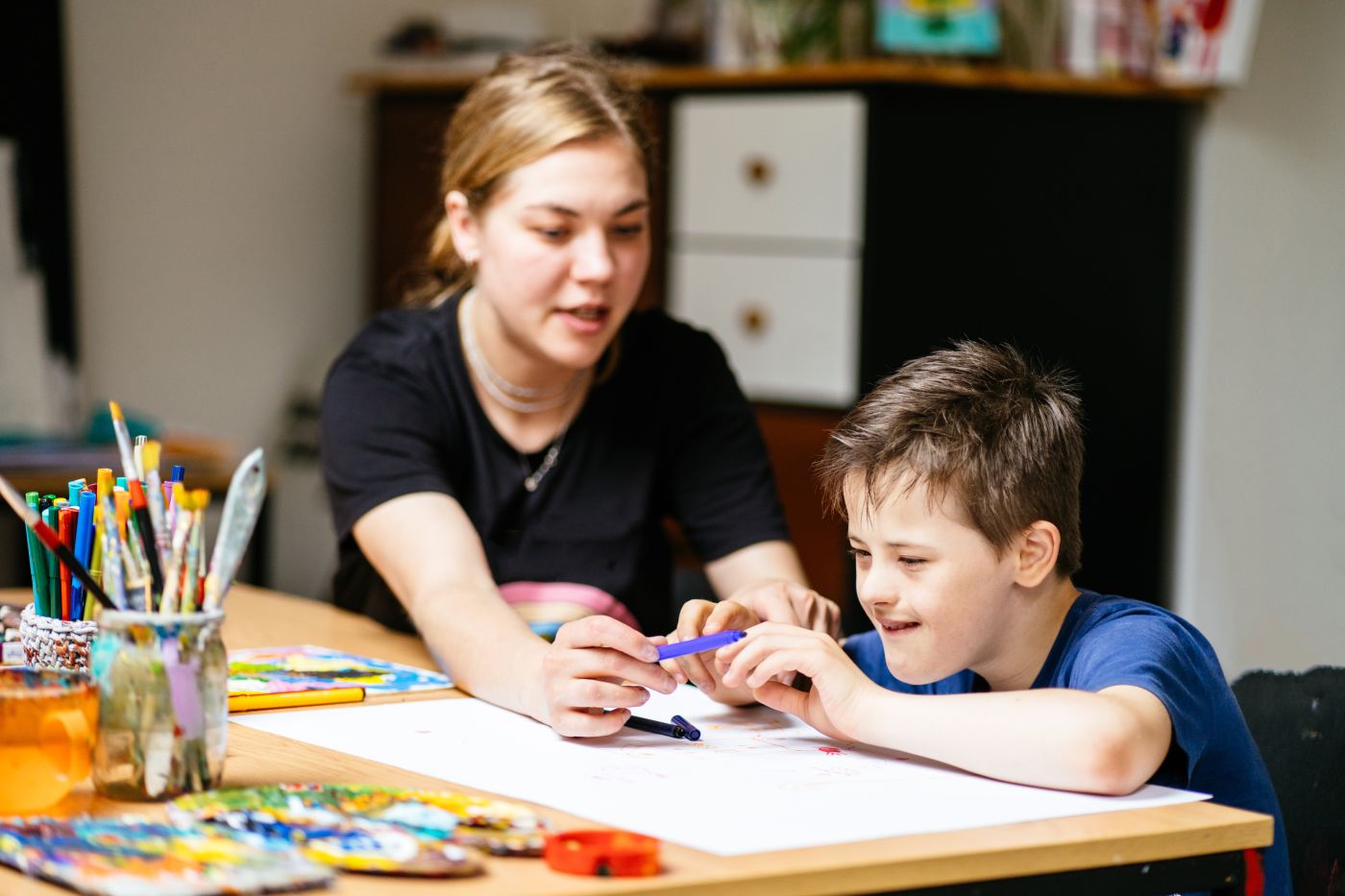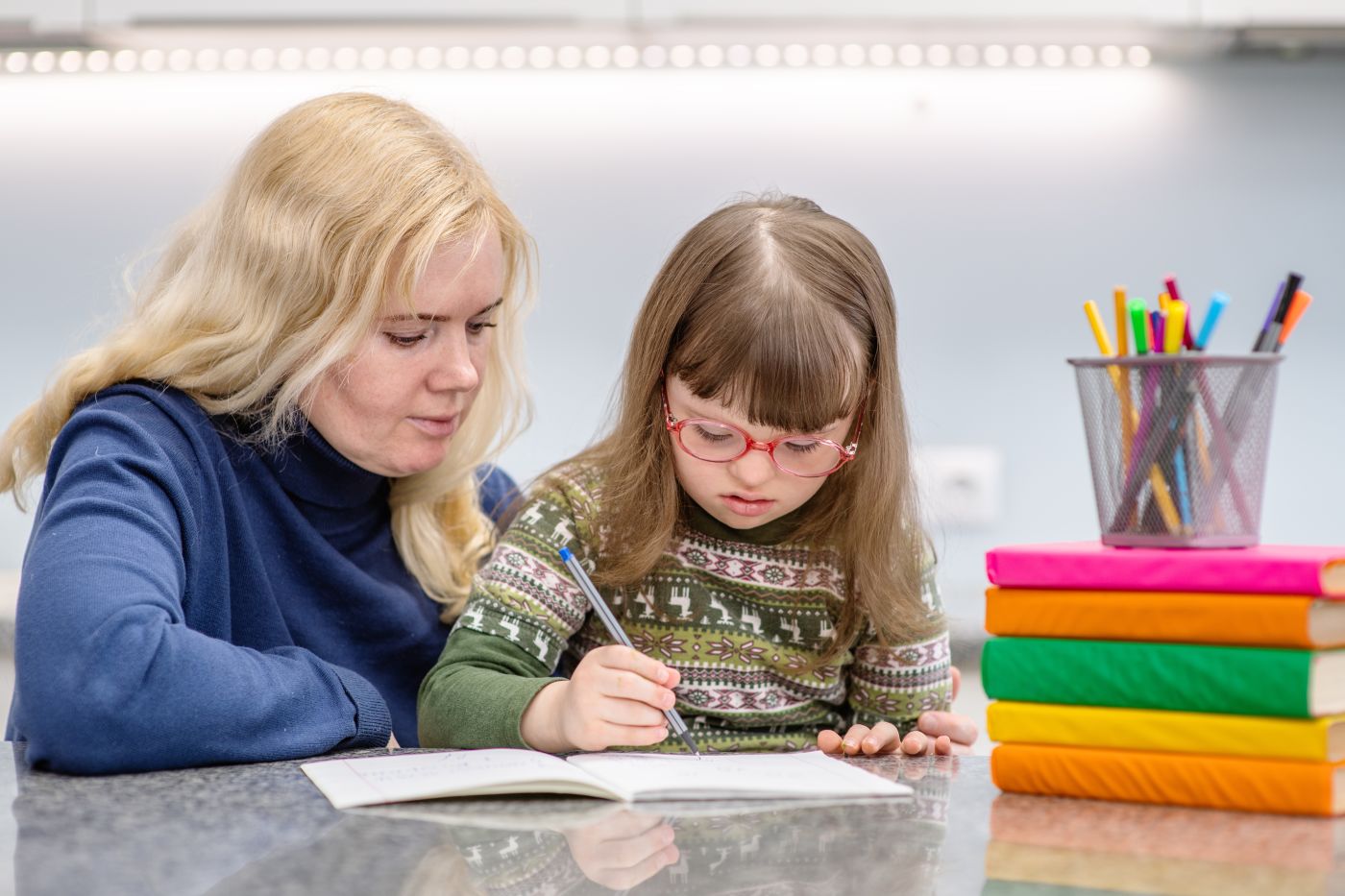Every child has unique strengths and challenges – but that’s never so apparent as when you have a child who has both exceptional abilities and significant learning differences at once.
That’s the quandary presented by “2e” children. “2e” stands for “twice-exceptional,” a term that’s now broadly used to describe children who are both intellectually gifted and have a learning disability or other neurodevelopmental disorders.
For example, you may have a 2e child who is exceptionally gifted in mathematics or computers but they struggle with sensory issues, communication and social skills because they’re also on the autism spectrum. Or, your 2e child may have severe auditory processing issues and problems staying focused when they are bored and understimulated – but music or artistic skills that are beyond their years.
What’s the Peril of A 2e Child in The Educational System?
Frankly, 2e children can get a raw deal in both directions when it comes to a lack of educational support. Sometimes their extraordinary abilities camouflage their learning difficulties and they don’t get the services they need to develop more fully. Other times, all the educators see is their neurodivergence and learning challenges, so nothing is done to help the student meet their academic needs where they excel.
An individual education plan (IEP) is absolutely crucial for 2e children because they deserve a tailored educational approach that understands and supports those with dual needs. If you feel like your 2e child’s school is failing them with an IEP that doesn’t address both sides of your child’s needs, it may be time to explore legal options.


